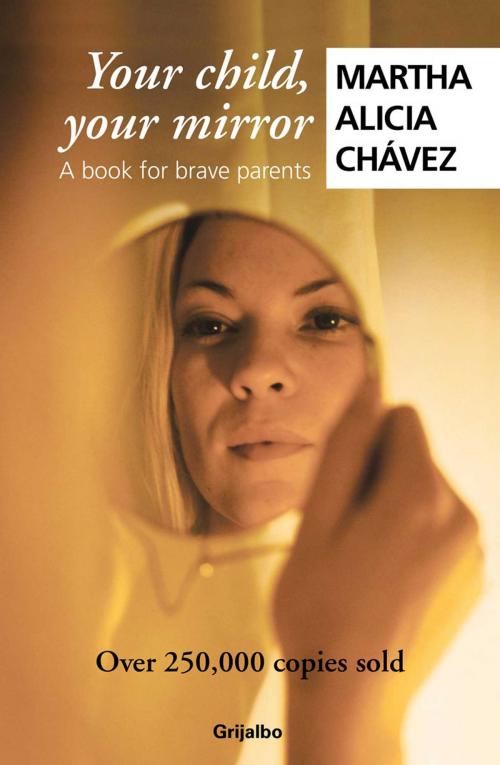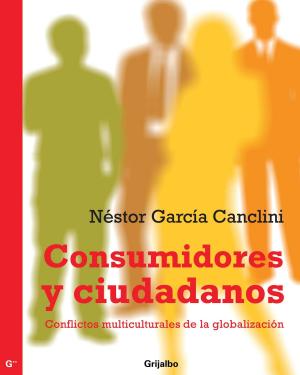| Author: | Martha Alicia Chávez | ISBN: | 9786073118842 |
| Publisher: | Penguin Random House Grupo Editorial México | Publication: | November 29, 2013 |
| Imprint: | Grijalbo | Language: | English |
| Author: | Martha Alicia Chávez |
| ISBN: | 9786073118842 |
| Publisher: | Penguin Random House Grupo Editorial México |
| Publication: | November 29, 2013 |
| Imprint: | Grijalbo |
| Language: | English |
The book that continues to open hearts and touch readers' nerves.
The book that continues to open hearts and touch readers' nerves.
We parents project our life expectations onto our children, our frustrations, our unresolved eras of childhood or adolescence, our 'what ifs' and our unsatisfied needs, hoping unconsciously that they will become an extension of ourselves and give closure to those unfinished issues.
Getting to know the "hidden part" of our relationship, understanding why this child, specifically this one, pulls us out of our pigeonhole so easily, why this child annoys us, why it is so difficult for us to love them, why are we determined to change them, and why we pressure them with such insistence so that they do or stop doing, opens the door to the possibility of a deep change in our relationship with that child.
Realizing this contributes to transforming feelings of rejection, rancor and the ensuing guilt, which can be devastating, facilitating the transition toward the only feeling that heals, unites and transforms: love.
The book that continues to open hearts and touch readers' nerves.
The book that continues to open hearts and touch readers' nerves.
We parents project our life expectations onto our children, our frustrations, our unresolved eras of childhood or adolescence, our 'what ifs' and our unsatisfied needs, hoping unconsciously that they will become an extension of ourselves and give closure to those unfinished issues.
Getting to know the "hidden part" of our relationship, understanding why this child, specifically this one, pulls us out of our pigeonhole so easily, why this child annoys us, why it is so difficult for us to love them, why are we determined to change them, and why we pressure them with such insistence so that they do or stop doing, opens the door to the possibility of a deep change in our relationship with that child.
Realizing this contributes to transforming feelings of rejection, rancor and the ensuing guilt, which can be devastating, facilitating the transition toward the only feeling that heals, unites and transforms: love.















